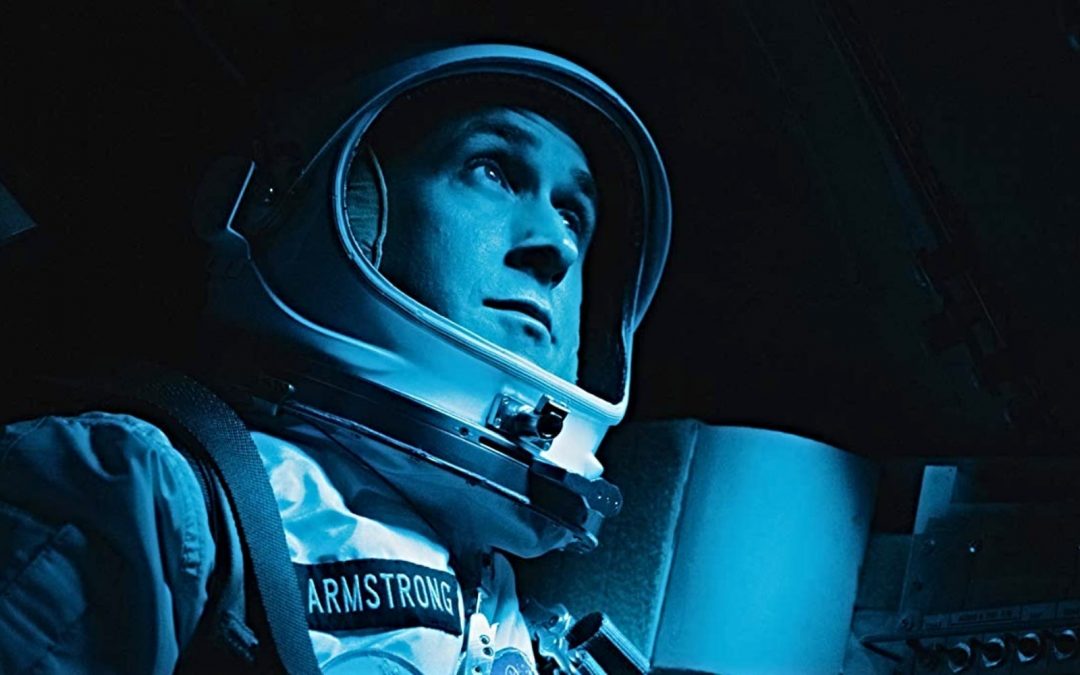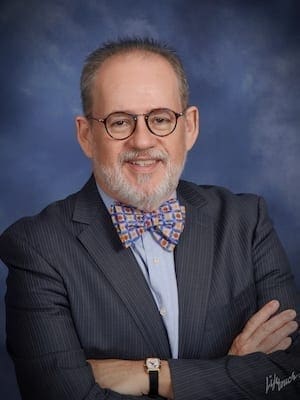This is not like any “man in space” movie you have ever seen.
“Apollo 13” and “The Right Stuff” hit notes about how wonderful the U.S. was in facing the challenges of space.
“First Man” has none of that. It is a very quiet movie about a very quiet man who became a hero to every child in my generation.
The movie begins in 1961. The space program is off with a bang, and NASA is doing more than just sending rockets into orbit.
They are using the X-15, which was a supersonic rocket-powered aircraft able to rise above the earth’s atmosphere.
Neil Armstrong (Ryan Gosling) is piloting this aircraft. He rises above the atmosphere, but upon re-entry, he is unable to break back through; he keeps bouncing off of it.
When he finally gets back down, he is told that he is not going back up. The powers that be want him to focus more on the engineering side. Which he does.
Next, we see his infant daughter, Karen, who has a tumor. Armstrong and his wife, Janet (Claire Foy), watch as they attempt to use radiation to kill the tumor. Later, we see him trying to research a way to cure his child, but it is for naught. Karen dies.
As the film moves forward, Armstrong is invited to join the Gemini program. This will be a precursor to the Apollo program and going to the moon.
He is asked about Karen’s death and if it will affect him. Being the introvert that he was, he just says it will not affect him and moves on.
Yet, the grief over Karen hangs around his neck like the albatross on the ancient mariner in Samuel Taylor Coleridge’s poem. It draws him deeper within himself. It shadows his relationship with his wife and his two sons.
Then comes the events of Apollo 1, where three astronauts die in a fire. One of them, Ed White (Jason Clarke), is Armstrong’s best friend.
Because these astronauts die, the pall falls upon Armstrong as he is chosen to command the first landing upon the moon. This causes great fear in his wife, who wants him to tell the children he may not be coming back.
It has been said that this movie busts the balloon of “American Exceptionalism” – that it takes all those tropes of American heroes and turns them upside down. The whole space race issue of the ’60s is supposedly seen as being an “imperialistic venture.”
I did not see this movie in that light.
What I saw was a more personal story of a man that would the last person chosen to be an American hero.
I saw Gosling’s Armstrong as an unassuming person who was deeply introverted. He was touched by his daughter’s death in a very human way.
That death also touched his wife. She is moved in ways that make her more cautious and guarded.
Foy presents the image of a wife and mother who becomes the voice of the inner workings that are taking place within her husband.
After seeing this movie, I felt it was refreshing to see a take on the American hero that was not writ large in the skies.
I learned Armstrong was not driven by fame or recognition. He wanted to explore what space had to offer and learn from it. The other trappings that came with being the first man on the moon did not matter to him.
He was much like John the Baptist, who wanted to decrease for the greater good. That, to me, is true heroism.
MPAA Rating: PG-13 for some thematic content involving peril and brief strong language.
Director: Damien Chazelle
Writer: Josh Singer, based on the book by James R. Hansen
Cast: Ryan Gosling (Neil Armstrong), Claire Foy (Janet Armstrong), Jason Clarke (Ed White), Kyle Chandler (Deke Slayton), Corey Stroll (Buzz Aldrin), Lukas Haas (Mike Collins)
The movie’s website is here.


